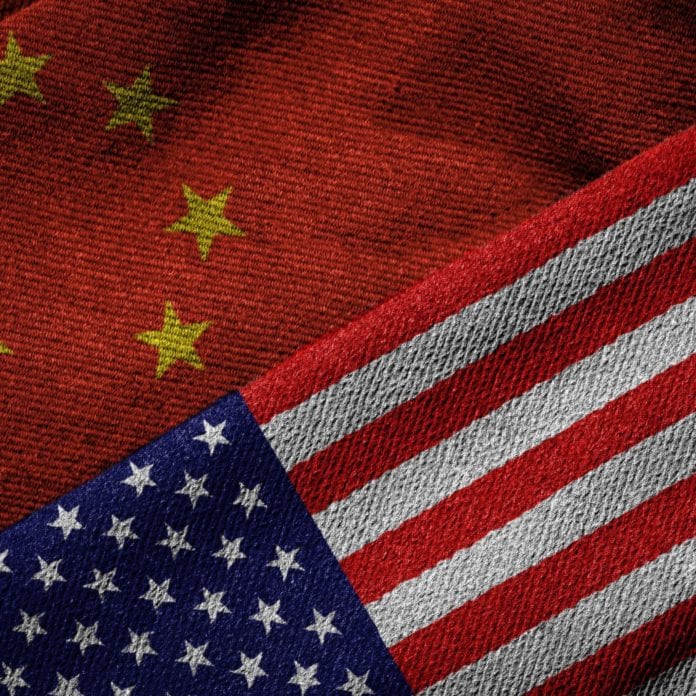Ericsson and Nokia are both putting together contingency plans to move elements of their supply chains out of China if necessary due to national security tensions, according to published reports.
The Sunday Telegraph cited anonymous sources who said that both of the network infrastructure companies are considering moving some of their “most sensitive operations” out of China and splitting up their supply chains in order to address national security concerns. The two European firms “are concerned that it will become increasingly difficult to sell Chinese-made parts and software in the EU and the U.S., according to industry and government sources. Likewise, components made in the U.S. or Europe could face more barriers from Beijing,” the Telegraph reported.
The companies are reportedly discussing their options, with Nokia considering putting together EU-only operations for its 5G supply chain “so that there can be no question of interference or security breaches resulting from its Chinese activities.”
Meanwhile, Ericsson’s plans reportedly include separate supply chains for the Eastern and Western hemispheres for sensitive components and software. The Telegraph cited possible implications for the overall network infrastructure market if such plans were to coalesce: fragmentation of efficient globalized supply chains resulting in higher costs, duplication of investment and possible slowing of the pace of new technology development.
The apparent preparations by Nokia and Ericsson come as a number of other companies are navigating the impacts of the U.S. government ban on technology exports to China. U.K.-based chip designer Arm reportedly suspended business with Huawei recently because some of its designs contain technology of U.S. origin. Meanwhile, the U.K. government is reportedly planning to send a delegation to the U.S. to get additional details on how the Trump administration’s decision to place Chinese vendor Huawei on an export blacklist affects companies overseas.
In related news, Reuters reported that Facebook will no longer allow pre-installation of its Facebook, WhatsApp, and Instagram apps on Huawei devices. Facebook told the news agency that customers with existing Huawei devices will still be able to use its apps and get updates, but new Huawei phones won’t be able to have the apps pre-installed. This follows on previous news that Google had responded to the U.S. export ban by limiting Huawei’s access to its proprietary applications and that the Chinese vendor would only be able to access a publicly available version of the Android operating system.
In other security news, Nokia today announced a “significant extension” of its commitment to network security for 5G, with the opening of its Future X Security Laboratory, or FXSec, a new lab for end-to-end security testing and verification at Nokia Bell Labs headquarters in Murray Hill, New Jersey, and the launch of its (DFSEC) 2.0 process for its products, which the company says focuses on “additional verification work in the areas of [end-to-end] identity management, network slicing and SDN security, virtualization, and [Operations, Administration and Maintenance] including patch management. The FXSec lab will be open to communications service providers and industries “to facilitate joint testing and verification of industrial automation solutions in private local area networks and across public wide area networks,” Nokia said.

